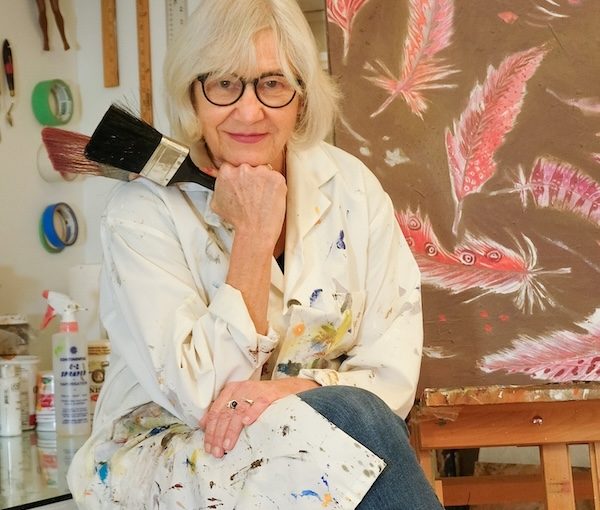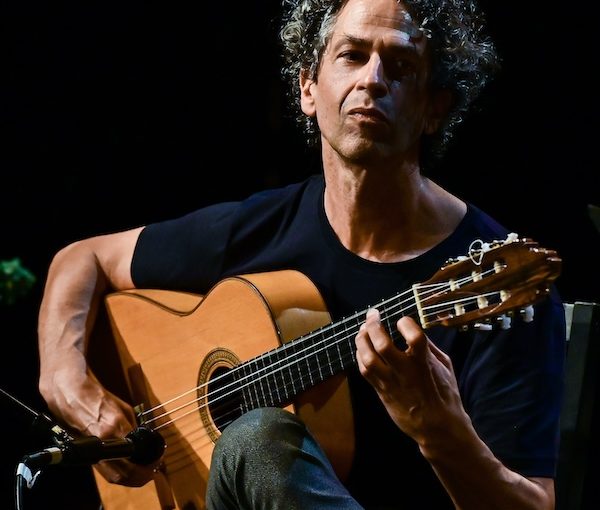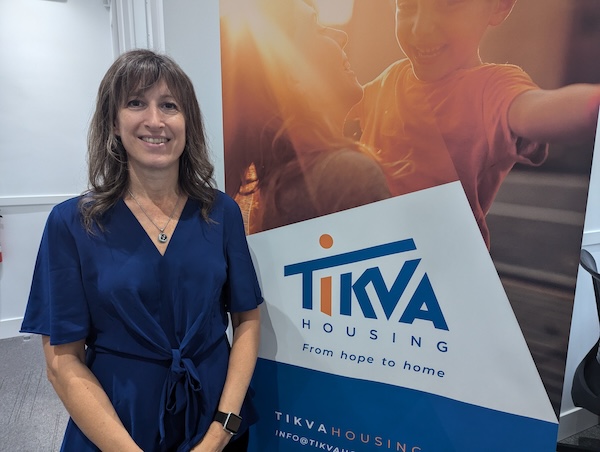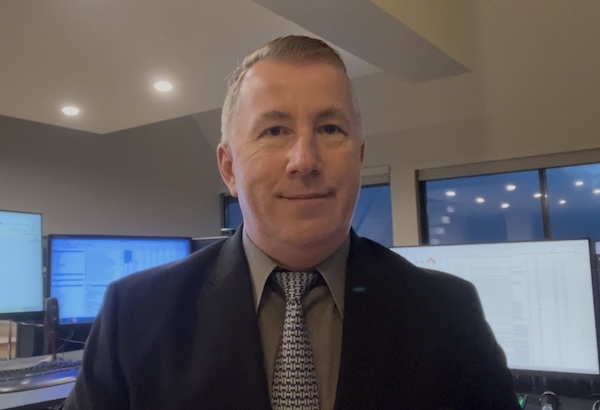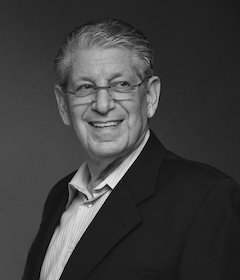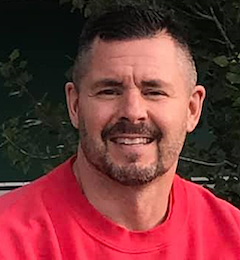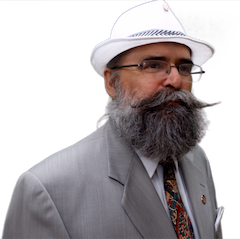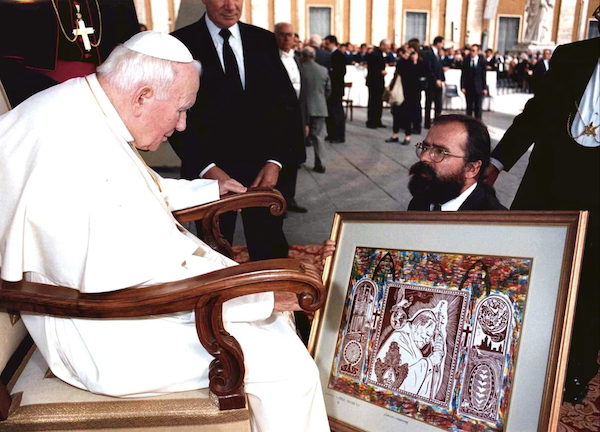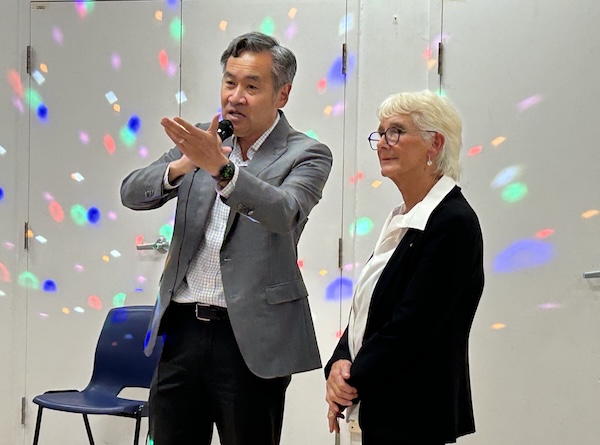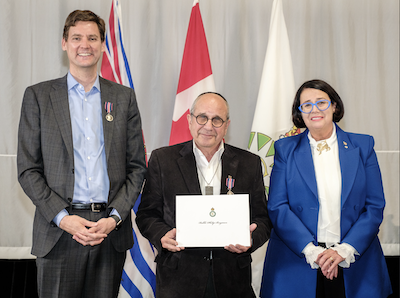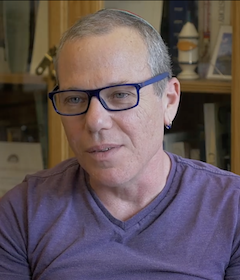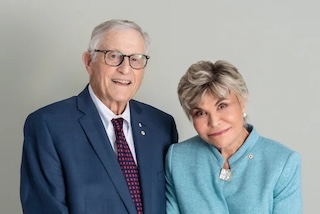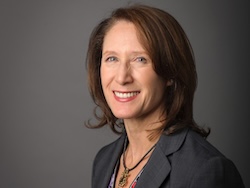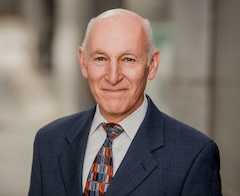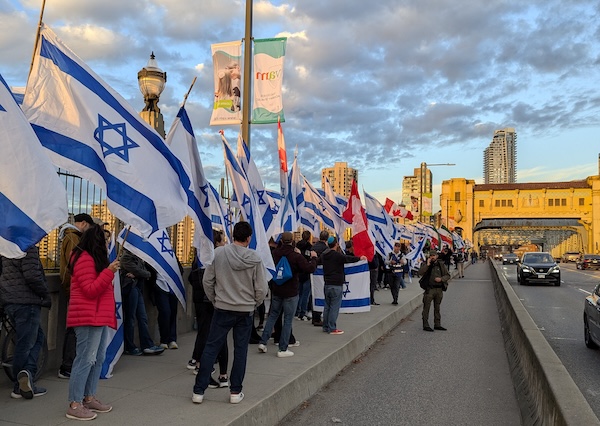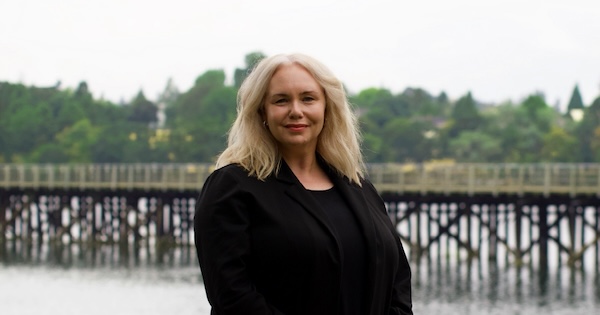Therese Joseph’s solo show at the Zack Gallery opened Oct. 12, but the official opening reception, which she will attend, takes place Oct. 30. (photo from Therese Joseph)
The new solo show at the Zack Gallery – Women, Words and Wisdom: Therese Joseph – celebrates the power of women in our lives.
Artist Therese Joseph’s mixed media paintings combine imagery and words in her depictions of women she admires. Not any specific woman, but all of them, a symbolic woman, and what she means to the artist. On the walls of the gallery, Joseph’s women are sad or sleeping, doubting or searching, traveling or dancing, but they all represent the artist’s interpretation of “woman,” in all her multifaceted complexity.
Joseph grew up in Switzerland, and her road to Vancouver and an artistic career was a round-about one. When she was in her early 20s, she traveled to England to study English. There, she met a young engineer from Borneo. They fell in love and stayed in touch. A few years later, after he found work in Vancouver, he invited Joseph to join him. She had never been to Canada before.
“At first, I came for three months,” Joseph told the Independent. “I loved it here. Everyone was so open and friendly. I felt free here, felt that I could do anything I wanted. Life here was much less structured, not as many rules as back home in Switzerland. It felt like there could be more than one way to do stuff, and that freedom attracted me.”
Like many others, she was captivated by the nature of British Columbia.
“The mountains, the sea, the forest. It was like Switzerland, but more – more open, more generous,” she said.
Of course, it took time for every document to be signed and she could finally settle into her married life in Canada.
“Home in Switzerland, I had an education as a kindergarten teacher, but my diploma wasn’t accepted here in Canada,” Joseph said. So, she opened an after-school art club for local children.
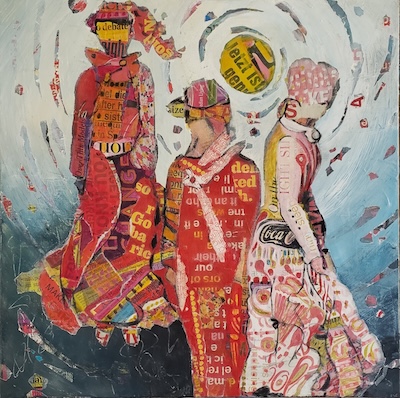
“I’ve always loved doing art, loved being creative,” she said. “I was involved in several community art projects with my young students in North Vancouver. We painted balconies, murals, created some street banners.”
But, eventually, she wanted to dedicate herself to art full-time, and she felt she needed more education in this regard.
“At about the same time – year 2000 – a couple of my family members in Switzerland died, and it was hard for me. I couldn’t be there with my family as much as I wanted,” she shared.
Creating art felt like a necessity for her then, a balm to her grieving heart. She sold her art studio business and enrolled in art-related continuing education classes at Emily Carr University of Art + Design and Langara College.
“I took many classes and workshops in the next few years,” said Joseph. “Whenever I liked an artist, I found a way to learn from them. Among my mentors were Jeanne Krabbendam, Don Farrell, Lori Goldberg, Nurieh Mozaffari, Steven Aimone and more. I’d call it a self-directed art education.”
She emerged from that time an accomplished artist and art teacher. She exhibited widely in Canada and abroad. She taught both children and adults.
“I love teaching art,” she said. “At first, I preferred teaching children, but, as my own children grew older, I gravitated towards teaching adults and seniors. Everything has its time.”
Through all the changes in her life, Joseph kept making art. She paints figures and faces, flowers and feathers in her Dandelion Art Studio in North Vancouver.
“Women are my predominant subject,” she said. “They inspire me. They embody how strength and resilience can coexist with vulnerability, and how setbacks are merely steppingstones on the path to achieving one’s goals.”
Her technique is often mixed media. “I collect old magazines, newspapers, cards. People bring them to me, too. I rip them to pieces – never cut with scissors – and glue those text fragments to my canvases to see what could emerge. I love the process of creation, love the empty canvas that becomes an image with a meaning and a message. I never know what the current painting is about until it is done. The painting itself guides me.”
At the beginning of this year, Joseph learned about the Zack Gallery’s call for artists and submitted her proposal for a solo show.
“I had enough paintings with text and letters to fill a gallery,” she said. “I wanted to emphasize the texts, so I started searching for quotes from famous women to attach to each painting. I read thousands of quotes on the internet before I made my selection for each painting. It was very interesting and amusing.”
Her palette is colourful and her compositions sophisticated.
“None of them depict a specific woman,” she said. “They all come from my imagination. I wanted to paint something about perfume, and my painting ‘Fragrant Rain’ was the result.” The woman in the painting saunters under her umbrella, while the rain hides the details, though one can make out a perfume bottle in her bag. Coco Chanel’s tongue-in-cheek quote accentuates the painting.
“Wear Your Words” boasts three female figures, in red, pink and orange, their clothing decorated with disjointed texts. We don’t know what the women are doing. Are they dancing? Are they passing each other on the street? The letters filling their clothing jump at the viewers. “Words are the clothes your thoughts wear,” says the quote by Amanda Patterson that accompanies this painting.
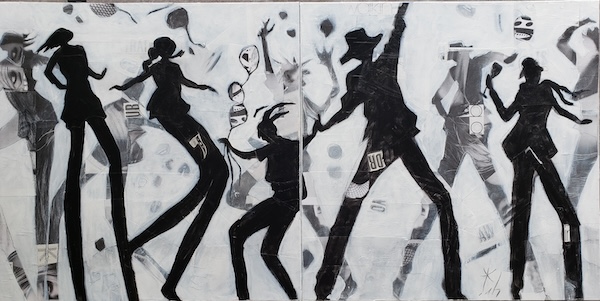
Most of the works on display are full of colour, so the one in black and white draws the eye. “Shadows in Motion” is actually a diptych. Joseph explained its roots.
“I’ve always loved traveling, and we traveled a lot. When, after 37 years of happy marriage, my husband passed away, I wanted to prove to myself that I could travel alone, too. I went to Mexico. I walked on the beach and watched my shadow. After awhile, I started posing, jumping and photographing my shadow in every awkward position. My hands were here and there, up and to the sides. I bent. I stretched. The sun was strong and my shadow seemed to dance. I wanted to capture every nuance. The painting was born out of those photos.”
Another travel destination – Amsterdam – inspired a couple of paintings. “Strength Becomes Her” and “Moving On” both have the word “BISON” in them.
“I was in Amsterdam and visited an art show about bison,” Joseph explained. “It was in a warehouse – a huge building with many different artists. They had a catalogue as large as a newspaper, and I asked for two catalogues. When I came home, I tore those catalogues into shreds and used the ripped words in the paintings.”
Both paintings employ bold, punchy colours. Both are rather large.
“The bison is huge and powerful, and I wanted my paintings to reflect that,” said Joseph.
Women, Words and Wisdom opened Oct. 12 and will run until Nov. 18. The official opening reception, with the artist in attendance, will be held on Oct. 30, at 6 p.m. To learn more about the artist, visit thereseljoseph.com.
Olga Livshin is a Vancouver freelance writer. She can be reached at olgagodim@gmail.com.

